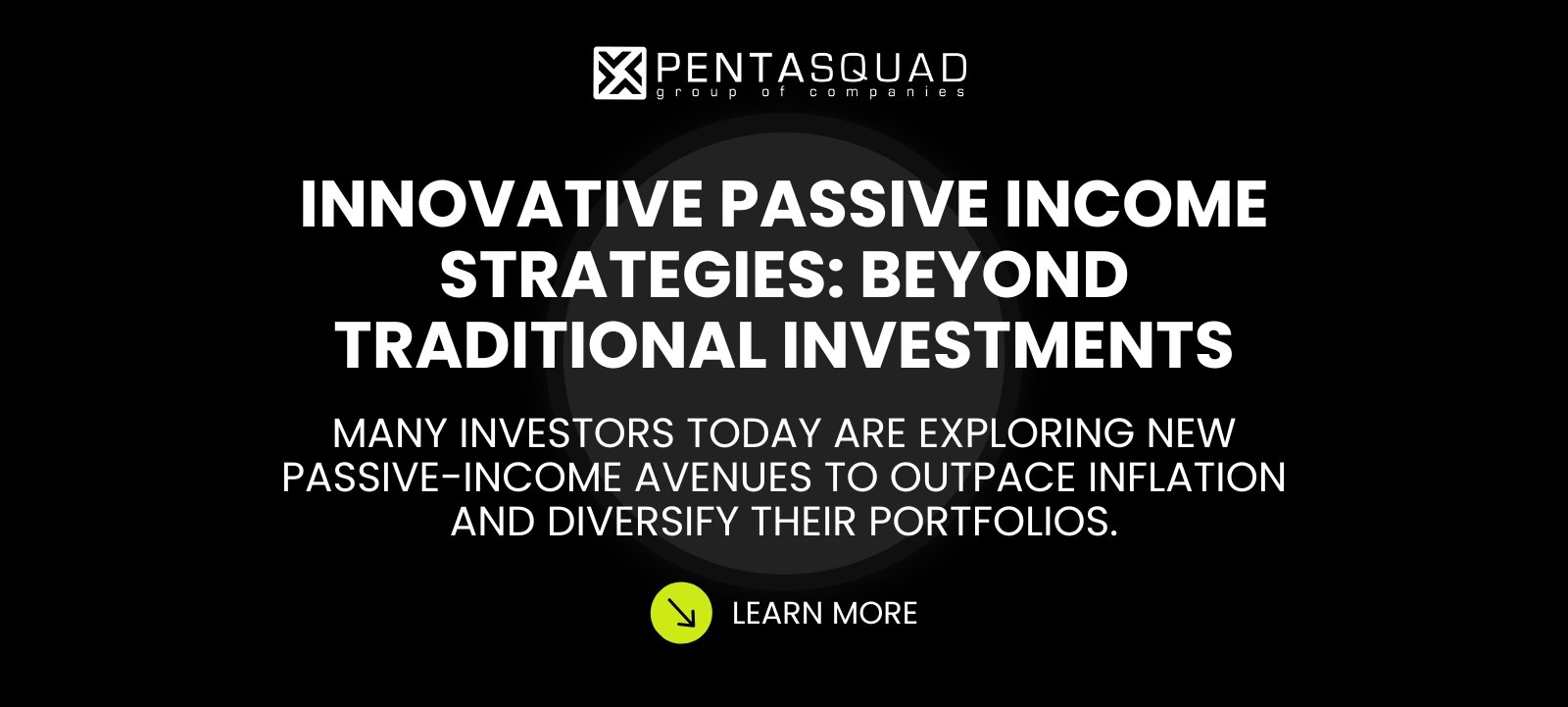The idea of ethical finance has become a vital contrast to conventional methods in the quick-paced, profit-driven financial world of today. It is no longer merely an idealistic goal to bridge the gap between moral principles and financial competitiveness; rather, it is a crucial tactic for long-term success. The significance of incorporating ethics into financial decisions is becoming more widely acknowledged by companies, investors, and legislators.
Financial operations and investments that adhere to socially conscious ideals, such as corporate governance, social fairness, and environmental sustainability, are referred to as ethical finance. It focuses on making a difference while generating competitive returns, giving long-term societal benefits precedence over immediate financial gains.
The Challenge of Competitiveness
Finding a balance between duty and profitability is the main obstacle in ethical finance. Critics frequently claim that as compared to conventional options, ethical investments may perform worse. But there is mounting evidence to the contrary. Even in erratic markets, businesses and funds that follow Environmental, Social, and Governance (ESG) standards usually exhibit resilience and higher long-term performance.
Clients and stakeholders need to be made aware of the real advantages of ethical finance by financial institutions. Open communication promotes adoption and builds trust. Creating goods like impact investing funds, green bonds, and socially conscious exchange-traded funds (ETFs) might draw in investors who value morality. Regulations encouraging ethical behavior, tax breaks, and government incentives can level the playing field for companies that embrace these values. By using technology to evaluate ESG metrics, investors can make well-informed choices and ensure that moral behavior does not compromise.
The Competitive Edge of Ethical Finance
Ethical finance is a competitive advantage as well as a moral requirement. Businesses that prioritize sustainable practices are better able to manage regulatory changes, draw in devoted clients, and lower risks related to social and environmental problems. Additionally, ethical branding improves reputation, attracts talent, and stimulates creativity. Gaining the trust of investors, customers, and other stakeholders can be facilitated by ethical behavior. Customers are increasingly basing their choices on a business’s reputation for ethics. Top talent, particularly from younger generations, can be drawn to and retained by ethical businesses. Financial, reputational, and legal risks can all be mitigated with the aid of ethical behavior.
Companies might be inspired to solve problems creatively by ethical practices. Customers, workers, suppliers, investors, regulators, and communities are among the stakeholders with whom ethical businesses typically enjoy stronger relationships. Sustainability over the long run can be facilitated by ethical behavior. It can assist businesses in improving the lives of their customers, local communities, and the wider globe.
This blog offers a comprehensive analysis of moral behavior in the ever-changing banking and financial industry. The necessity of strict ethical standards is becoming more and more clear as the financial sector assumes a central position in international economic systems. This thorough analysis covers a wide range of ethical issues, from risk management and corporate governance to social responsibility and customer relations. With its enormous influence on financial stability, growth, and personal well-being, the banking and finance sector plays a crucial role in society. Nonetheless, its moral behavior has continuously come under investigation and censure.
By examining both flaws and developments, this assessment seeks to offer a thorough grasp of the state of ethical banking and finance practices today. The study explores the historical development of ethical standards in banking and finance, following the creation of regulatory frameworks and codes of conduct that influence the ethical climate of the sector. It examines the benefits and problems brought about by fintech, blockchain, and digitization while analyzing how technical developments affect ethical considerations. The evaluation also assesses how organizational culture and leadership contribute to the development of moral behavior in financial institutions. It looks at case studies of moral failings and their effects, highlighting how crucial responsibility and openness are to preserving public confidence.
The blog also addresses the moral ramifications of financial decision-making, taking into account topics like responsible investing, fair lending procedures, and the moral implications of risk assessment. It examines how financial education helps stakeholders become more ethically conscious and discusses the moral issues surrounding new financial services and products. This thorough analysis provides a complete viewpoint on the opportunities and problems facing the banking and finance industry by synthesizing important insights into ethical practices in these sectors. Financial institutions may help create a responsible and sustainable financial environment that benefits the sector as well as society at large by comprehending and resolving ethical issues.
Real-world examples
- By giving underprivileged populations access to capital, ethical finance has boosted economic growth.
- Businesses that have made significant ESG commitments, such as Apple and Tesla, have set industry standards and benefited financially.









